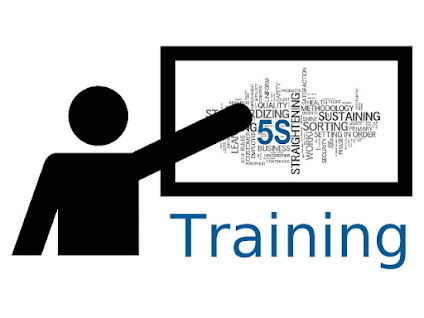Mastering Precision: Your Ultimate Guide to Measurement System Analysis Training
Are you looking to improve the
accuracy and precision of your measurement systems? If so, mastering precision
through Measurement System Analysis Training (MSAT) is a great place to start.
MSAT provides an organized approach for evaluating and improving the
performance of any measurement system. This comprehensive guide will walk you
through the basics of MSAT, including its key
components, benefits, and how it can help your business reach new heights in
quality control.
At its core, MSAT is a process used
to assess all aspects of measuring devices or processes to determine their
accuracy and reliability. It’s designed with three main objectives: identify
sources of variation within measurements; quantify those variations; then use
that information for corrective action or improvement initiatives if needed. By
understanding where these issues exist throughout your entire operation—from
raw material inspection all the way up until final product release—you can
pinpoint exactly what needs attention first to ensure everything runs smoothly
from start to finish without any hiccups along the way due to inaccurate
readings or faulty equipment/processes.
With this type of training program
come many advantages, such as improved productivity by eliminating unnecessary
rework caused by incorrect measurements and increased customer satisfaction due
to better overall product quality since deviations are caught early on before
they become major problems downstream during production cycles, etc.
Additionally, there are also cost savings associated with using fewer resources
when troubleshooting because root cause analysis has already been done
beforehand via proper calibration techniques, which leads us into our next
section about some common practices included under this umbrella term called “measurement system analysis
training.”
The most important part about
mastering precision is having reliable data that accurately reflects reality —
something every organization strives for but often falls short of achieving
because either their instruments aren't calibrated properly or they don't have
enough knowledge regarding best practices related specifically to testing and
measuring activities like metrology studies, etc. To ensure success here, one
must understand various concepts such as repeatability and reproducibility
tests (R&R), gauge R&R studies/analysis methods (Gage R&Rs),
linearity checks, plus other topics like traceability requirements too just to
name a few examples out there! All these tasks require deep expertise, though
thankfully companies nowadays offer specialized courses tailored around helping
businesses get started quickly while still teaching them everything necessary
so they're able to learn quickly yet thoroughly enough without sacrificing
anything else along the way, either time-wise or money-wise.
Also Read: 7 QC Tools Training



Comments
Post a Comment